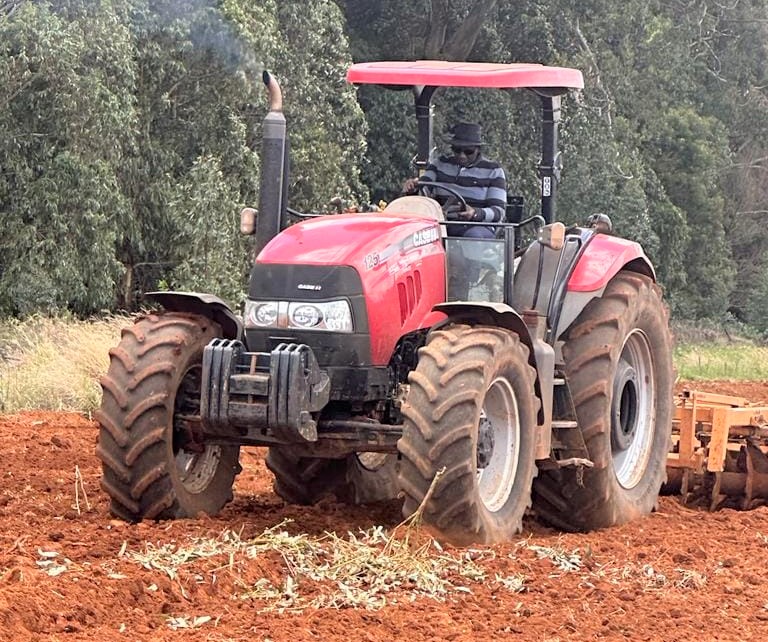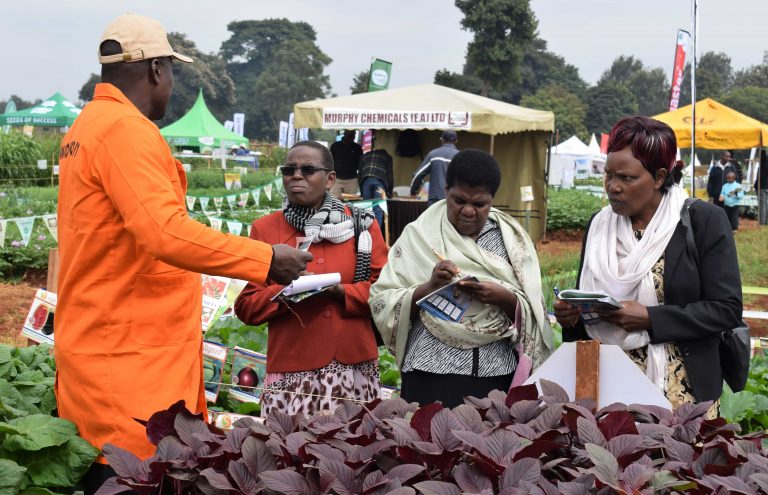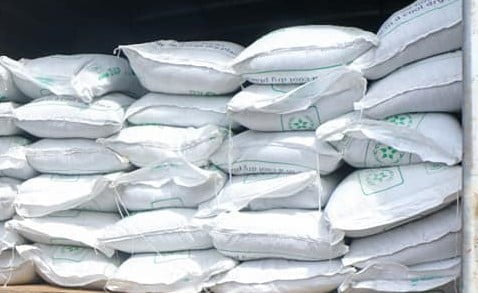The Ministry of Agriculture in Kenya has developed protocols and guidelines to facilitate operations within the food supply chain. According to the Ministry, there is need to address the emerging food security concerns brought about by the measures set to limit factors that may aggravate the spread of the COVID—19 virus. The Ministry therefore feels there is need to manage the food supply chain by ensuring availability, accessibility and affordability of adequate and nutritious food for all Citizens.

Agriculture CS Peter Munya had recently promised to release the guidelines to avoid confusion in the sector as the country battles the COVID-19 pandemic.
Various measures introduced in order to curb the spread of COVID-19 virus have affected agriculture activities in one way or another. The curfew that was imposed from 7 pm to 5 am means markets have to close early while the need to keep a social distance means the number of traders has to reduce in the markets. The order restricting movement has also caught up with various actors in the food supply chain despite of them being exempted from it. This is because the food supply chain consists of various players and some didn’t know how they are supposed to operate under the new measures. Some of these players include dealers in farm inputs, production, trade, processing, transport, logistics and handling and consumption.
The guidelines are set divided into three. Those for farmers and County government extension staff, those for traders & operationalization of food supply chain markets and the protocols and guidelines for food transporters.
If implemented, market traders will stop paying fees while food transporters will no longer pay cess charged at barriers erected by County governments.
Guidelines for farmers and County government extension staff
- Extension staff to use available channels to sensitize farmers on food production to ensure continuity of agricultural activities during the long rains season.
- Extension staff to sensitize farmers on good agricultural practices, sanitary and phytosanitary measures in food production (e.g. safe use of chemicals, use of certified seeds, use of well decomposed manure, proper and timely use of fertilizers).
- Extension staff to sensitize farmers to carry out continuous surveillance and reporting on the locust invasion and other strategic pests (e.g. fall army worm, maize lethal necrosis disease) to the Government.
- Extension staff to sensitize farmers/food producers against hoarding of produce to ensure no break in supply to the markets, producers and processors.
- Extension staff to create awareness on safe storage of food commodities to reduce post—harvest losses and sensitize community food storage operators to adhere to recommended sanitary and food safety measures.
- Extension staff to sensitize households on nutrition related interventions and to minimize food wastage during preparation.
- Extension staff to sensitize households to observe recommended sanitary measures and as much as possible consider use of online digital technologies for food procurement and home deliveries to minimize interactions and possible spread of COVID 19 virus.
Guidelines for traders & operationalization of food supply chain markets
- County Governments to establish main workforce required to sustain food supplies (municipal market operators, transporters and handcart movers)
- County Governments to sensitize workforce handling food supplies on COVID-19 and provide such workforce with necessary certification to operate.
- Plan for decentralization of markets to reduce travel and over-crowding
- To facilitate operations by roadside vendors, County Governments to designate spaces for market operations with entry & exit points (e.g. Schools, Stadium) and provide adequate sanitation facilities i.e. hand washing points
- To facilitate operations within open air markets, County Governments to consider waiving fees charged in these markets.
- Where markets have been temporarily closed, County Governments to provide alternative space for operations. Closure of food markets to be done in collaboration with the Ministry of Health.
- County Governments to collaborate with market service providers and set up systems to monitor food prices and report prices of key commodities in major markets on daily basis. In addition, they should organize market operations to facilitate movement and selling of agricultural produce in major markets.
- County Governments to sensitize food supply chain service providers to observe recommended sanitary measures and as much as possible consider use of online digital technologies for food procurement and home deliveries to minimize interactions and possible spread of COVID 19 virus.
- County Governments to collaborate with the National Police Service and National Government Administration to facilitate security in designated markets and food marketing premises for smooth operations during the period.
- Set up a local response unit between county staff, vendors’ representatives and security personnel and encourage them to use mobiIe/Whatsapp groupings
- Ensure vendors are mobile-money operational.
- Set up site security and control to control looting and any contaminations.
- Mark out circulation route and enforce on the same.
Protocols and guidelines for food transporters
- County Governments to create awareness for commercial transport operators to fumigate and sanitize trucks and packaging materials used in food distribution in accordance with existing Ministry of Health regulations and East African Community Guidelines on free movement of goods.
- County Governments to create awareness for commercial transport operators to use recommended packaging materials for food handling and distribution in accordance with existing Ministry of Health regulations.
- County Governments to consider waiving Cess charged on road blocks & erected barriers to ease transportation to reduce the cost of food.
- County Governments to sensitize motorcycles, animal drawn power operators & hand carts operators to use recommended equipment to transport food commodities in collaboration with other relevant organizations.
- County Governments to create awareness for motorcycles, animal drawn power & hand carts operators to observe hygiene including sanitizing personnel & equipment used in food handling and transportation.
- County Governments to create awareness that all commercial transportation trucks have a maximum of two (2) cargo crew consisting of the driver and the loader.
- County Governments to create awareness for commercial transporters to ensure screening of the cargo crew from the point of departure or in designated screening points along the transit routes.











